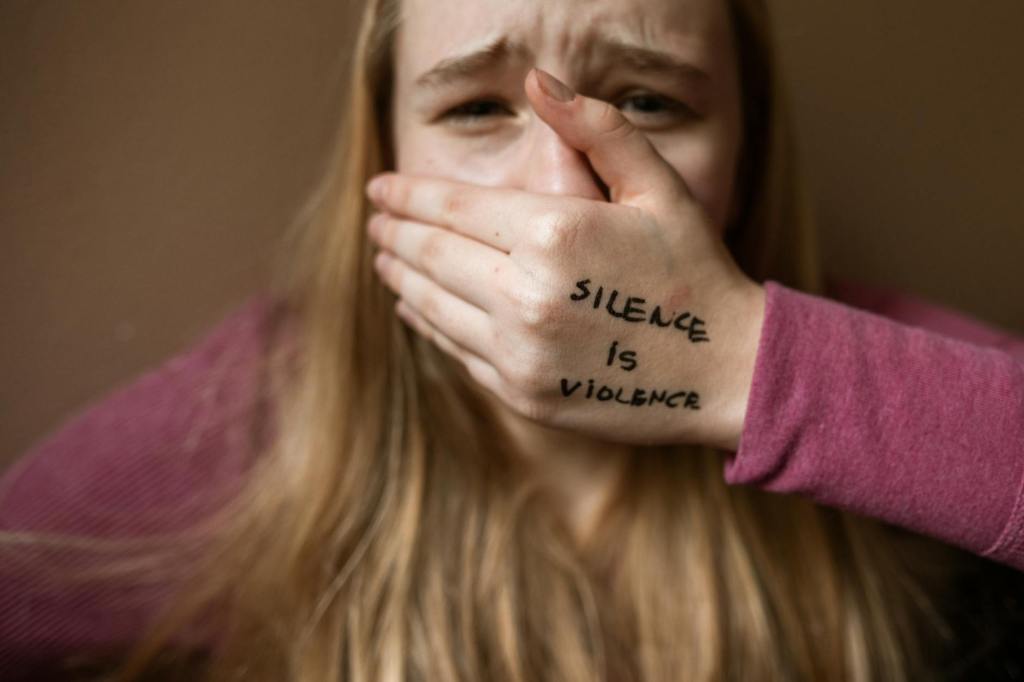Having a friend with Dissociative Identity Disorder (DID) can be a unique and sometimes challenging experience. DID, formerly known as multiple personality disorder, is a complex psychological condition characterised by the presence of two or more distinct personality states or identities within a single individual. These identities may have their own names, ages, histories, and characteristics. Here’s how you can support your friend effectively and compassionately:

1. Educate Yourself
Understanding DID is the first step in providing meaningful support. Research reputable sources to learn about the symptoms, causes, and treatments associated with DID. This knowledge will help you better understand your friend’s experiences and reduce any misconceptions or stigmas you may have.

2. Communicate Openly
Create a safe and non-judgmental space for your friend to share their experiences. Encourage open dialogue and let them lead the conversation about their condition. Respect their boundaries and listen without interrupting or offering unsolicited advice.

3. Respect Their Identities
Acknowledge and respect all of your friend’s identities. Use the names and pronouns each identity prefers. Avoid making assumptions or favouring one identity over another, as this can create internal conflict and stress for your friend.

4. Be Patient
Living with DID involves managing transitions between different identities, which can be unpredictable. Be patient and understanding when your friend experiences these transitions. Offer your support without pressing them to explain or justify their behaviour.

5. Offer Consistent Support
Consistency is crucial for individuals with DID. Be reliable and dependable, as this helps build trust. Your consistent presence can provide a sense of stability in their often-chaotic internal world.

6. Avoid Triggering Situations
Learn about potential triggers that may cause distress or identity shifts for your friend. While you can’t eliminate all triggers, being mindful and avoiding them when possible can help your friend feel safer and more comfortable.

7. Encourage Professional Help
Supporting your friend is important, but professional help is crucial for managing DID. Encourage them to seek therapy from a mental health professional experienced in treating trauma and dissociation. Offer to help them find resources or accompany them to appointments if they’re comfortable with it.

8. Set Healthy Boundaries
While it’s important to be supportive, it’s equally important to set boundaries to protect your own mental health. Communicate your limits clearly and ensure that your support does not become enabling or detrimental to your well-being.

9. Stay Informed About Crisis Management
Be prepared for potential crises. Know the signs of severe distress or a mental health emergency and have a plan in place. This might include knowing emergency contact numbers, having a list of local mental health resources, and being aware of grounding techniques that can help during a crisis.

10. Practice Self-Care
Supporting a friend with DID can be emotionally taxing. Ensure you take time for self-care and seek support for yourself if needed. Maintaining your own mental health allows you to be a better friend and supporter.
Being a friend to someone with Dissociative Identity Disorder requires empathy, patience, and understanding. By educating yourself, communicating openly, respecting their identities, and encouraging professional help, you can provide invaluable support. Remember, your friend’s journey with DID is unique, and your compassionate presence can make a significant difference in their life.
Supporting a friend with DID is not about fixing their problems but about being there for them through their challenges and triumphs. Your kindness and understanding can help them navigate their condition more confidently and comfortably.








Leave a comment